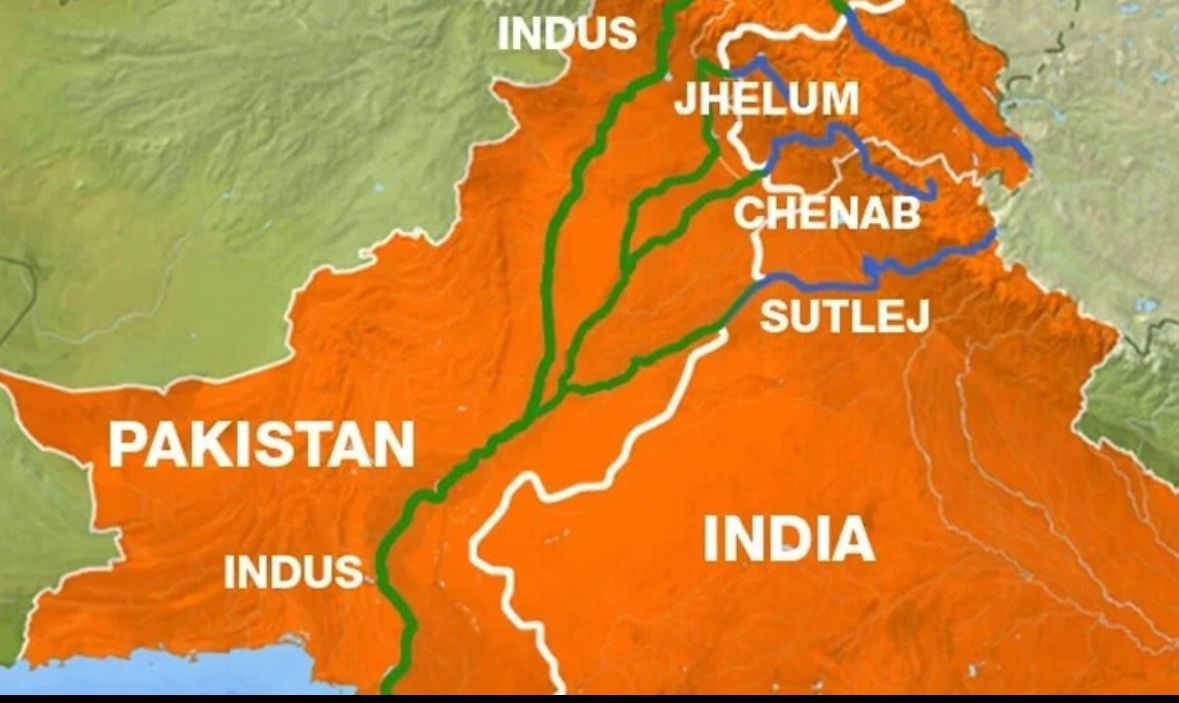

Upto 14-20% Returns Per Annum T/C* Applied*
Popup Title
This is a popup message.
- admin
- Asset-Management
India Suspends Indus Water Treaty: What It Means for Pakistan and the Region
The Indus Waters Treaty (IWT), signed in 1960 between India and Pakistan with the World Bank’s mediation, has long been a cornerstone of water-sharing between the two nations.
However, recent events have brought this treaty into the spotlight, prompting significant actions from the Indian government.
Understanding the Indus Waters Treaty
The IWT allocates the waters of six rivers in the Indus basin between India and Pakistan. Under the treaty, Pakistan receives approximately 80% of the water from the three western rivers—Indus, Jhelum, and Chenab—while India retains rights over the eastern rivers—Ravi, Beas, and Sutlej . The treaty has survived multiple conflicts and has been considered a successful example of water diplomacy.
Recent Developments: India’s Notice for Treaty Review
In August 2024, India formally notified Pakistan of its intent to review and modify the IWT, citing “fundamental and unforeseen” changes in circumstances since the treaty’s inception.
Key concerns highlighted by India include demographic shifts, environmental challenges, and the need for clean energy.
Additionally, India pointed to issues related to cross-border terrorism and disputes over hydroelectric projects as reasons for reassessment .
Suspension of the Treaty Following the Pahalgam Attack
On April 23, 2025, a militant attack in Pahalgam, Kashmir, resulted in the deaths of 26 civilians, predominantly tourists. India attributed the attack to cross-border terrorism originating from Pakistan.
In response, India suspended the IWT, closed the sole land crossing between the two nations, and reduced its diplomatic presence in Islamabad .
Read More : Orchard Land In Goa
Implications of the Suspension
For Pakistan-
The suspension of the IWT poses significant challenges for Pakistan, which relies heavily on the Indus basin for agriculture and daily water needs.
Any disruption in water flow could have severe consequences for its economy and food security.
For India-
India’s decision to suspend the treaty underscores its stance against cross-border terrorism and signals a shift in its diplomatic approach.
However, it also places the onus on India to ensure that its actions align with international legal frameworks and do not escalate tensions further.
Conclusion
The Indus Waters Treaty has been a testament to cooperation between India and Pakistan amidst a backdrop of complex relations.
However, evolving geopolitical dynamics and security concerns have prompted India to reassess the treaty’s relevance and effectiveness.
The suspension marks a significant moment in South Asian diplomacy, with potential ramifications for regional stability and water resource management.
Read More : Prime Real Estate Opportunities






